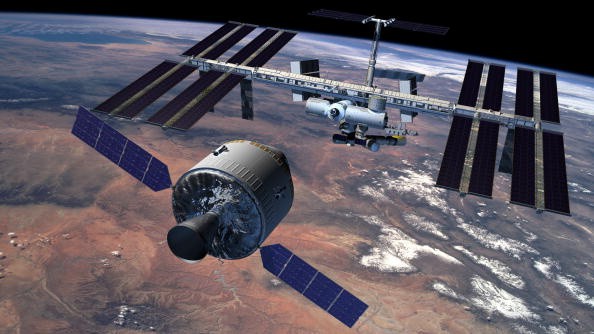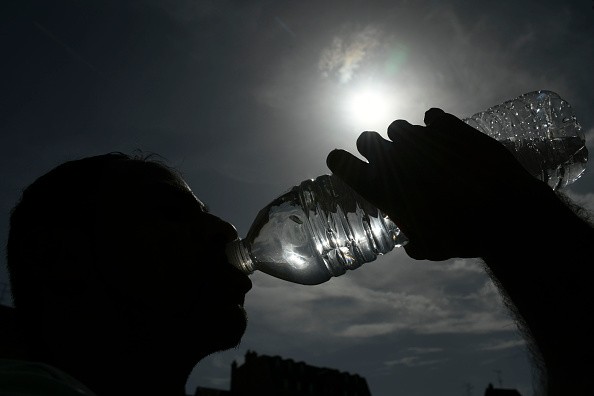Australia announced its plans to release its own satellite constellation that can be used to enhance the country's water quality levels. AquaWatch Australia is an initiative within the Group on Earth Observations (GEO), said that the new satellite system is a part of its ongoing water quality management mission.

On the other hand, AquaWatch's water enhancement effort is also developed as a joint initiative between Australia's national science agency, CSIRO, as well as the SmartSat Cooperative Research Center (CRC).
The confirmed satellite constellation was already tested at UNSW Canberra. Thanks to the latest demonstration, involved researchers were able to show how the new space-based Earth observation system could be a valuable technology for managing and monitoring the country's coastal and inland water bodies.
AquaWatch's satellite test was conducted at Australia's premiere space mission development center, ANCDCF (Australian National Concurrent Design Facility), at UNSW Canberra.
Australia's Satellite Constellation To Arrive!
According to PhysOrg's latest report, Denis Naughton, ANCDF Manager and Space Systems Engineer, shared how the new space-based infrastructure would benefit Australia.

He explained that the new satellite constellation and a possible network of ground-based sensors could be the solution to the rising water contamination that the country currently faces.
"We were able to identify a system design that addresses those requirements and is feasible to construct, commission, and operate," added Naughton.
As of the moment, AquaWatch hasn't confirmed if it considers making its upcoming satellite system an international innovation.
In other news, NASA's Hubble Space Telescope was able to capture a new photo of a spiral galaxy. On the other hand, NASA ISS Cargo Mission could take place before August ends.
Virgin Orbit To Enter Satellite Services
SpaceNews reported that the rising space company Virgin Orbit is now planning to expand its launch business and enter satellite services.
This means that it could be joining the likes of SpaceX, one of the giant space independent companies that use sats to offer its technologies. On the other hand, Virgin Orbit explained that it would partner with NextGen Acquisition Corp. II.
For more news updates about Australia's satellite constellation and other similar innovations, always keep your tabs open here at TechTimes.
Related Article : Japan's Mars Mission Plans to Bring Soil Samples to Earth in 2029-Ahead of NASA, China
This article is owned by TechTimes
Written by: Griffin Davis




![Most Useful Google Chrome Keyboard Shortcuts You Need to Know to Improve Your Browsing Experience [2024]](https://d.techtimes.com/en/full/449047/most-useful-google-chrome-keyboard-shortcuts-you-need-know-improve-your-browsing-experience-2024.jpg?w=184&h=103&f=476d29fd60df70a67f6679f99a2ca6d0)